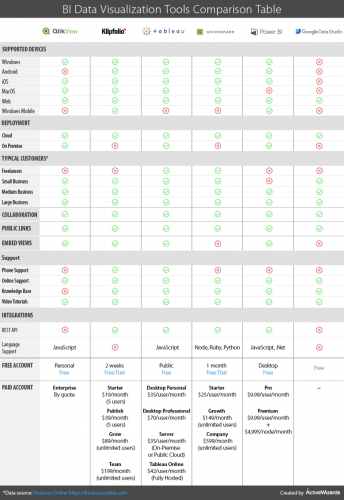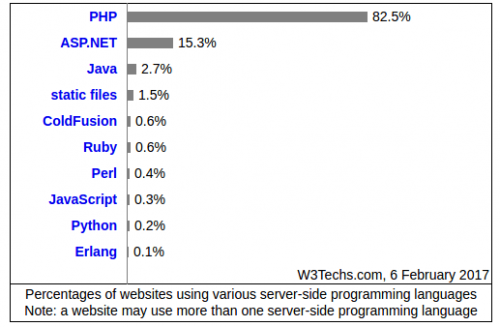“Angular vs. React vs. Vue: A 2017 comparison” is a very lengthy and detailed comparison of the top three most popular JavaScript frameworks: Angular, React and Vue. There are also lots of links and references for further reading, but even if you don’t leave the article, chances are you’ll have a pretty good idea of which framework suits you best. For me, it looks like it’s Vue.
And as a side note, this quote made me smile:
The dirty little secret is that most “modern JavaScript development” is nothing to do with actually building websites — it’s building packages that can be used by people who build libraries that can be used by people who build frameworks that people who write tutorials and teach courses can teach.I’m not sure anyone is actually building anything for actual users to interact with.


